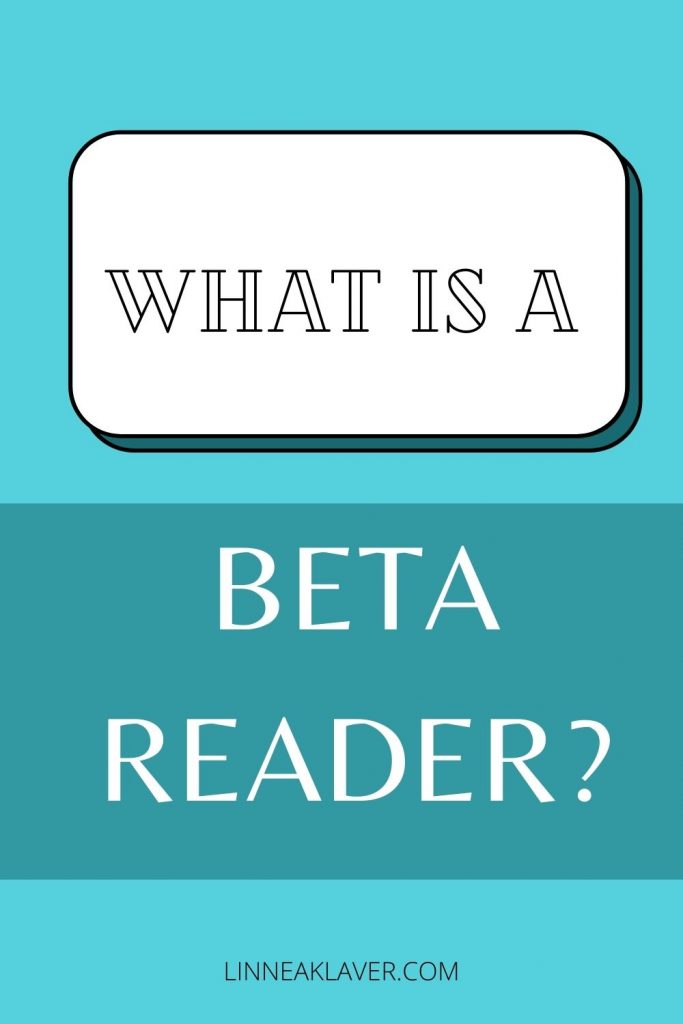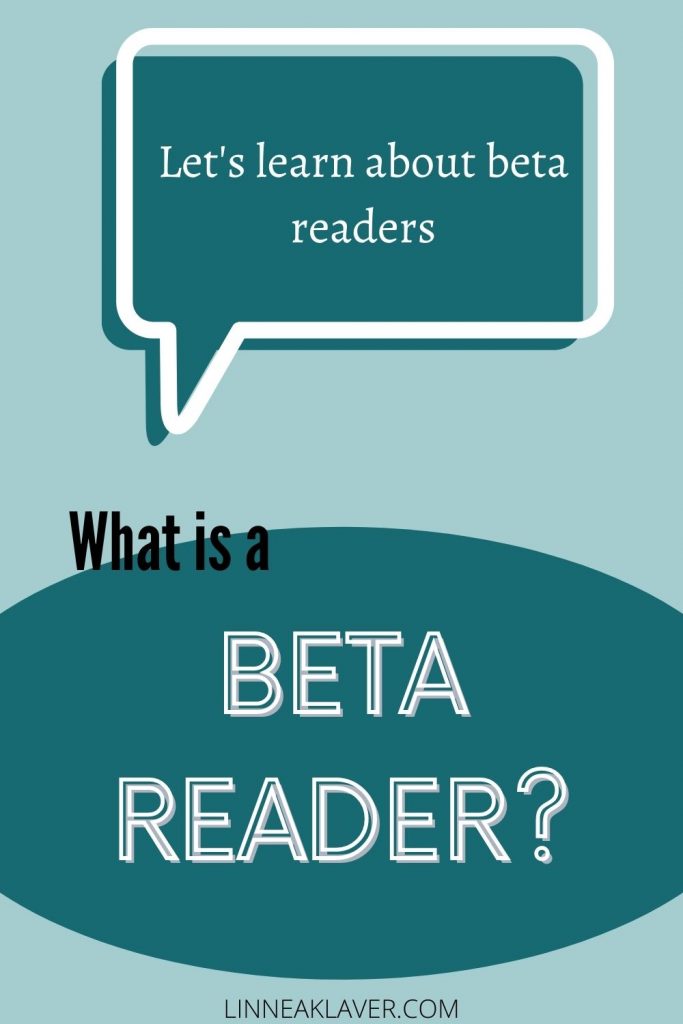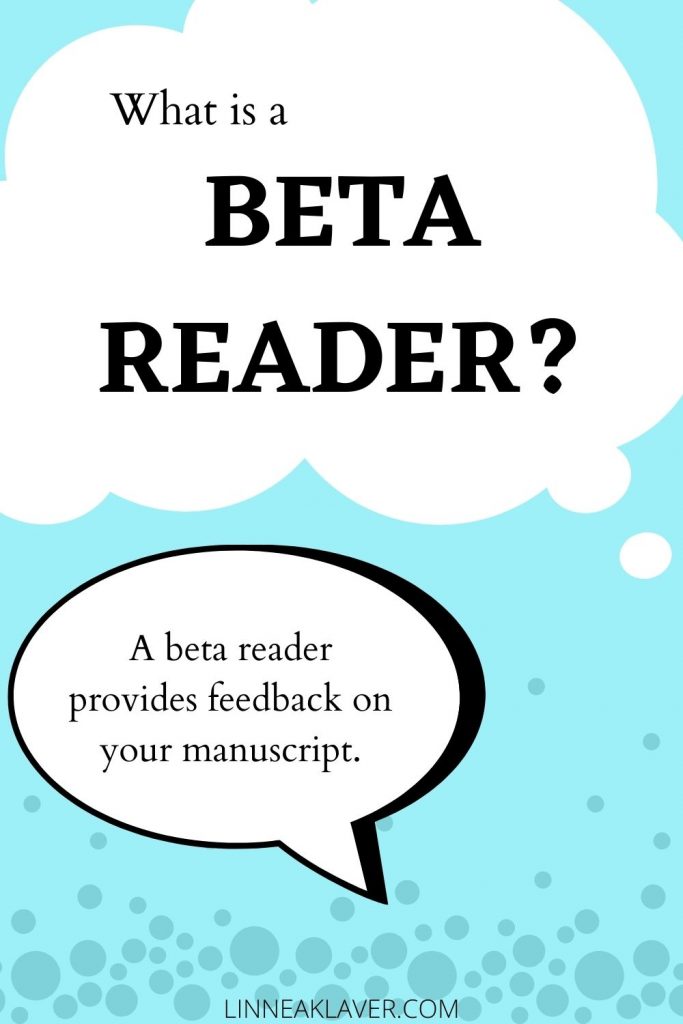
So you’ve written a book. Great! That’s an incredible feat, and you should be so proud. Now that you’ve written it and edited it until you don’t even know what words are, you might want to get a beta reader. But what is a beta reader?
A beta reader reads your book and provides feedback. Often unpaid, a beta reader is not an editor. They can be a friend, a family member, another writer, or a stranger on the internet. Anyone you trust for honest feedback can be a beta reader. However, people who read your manuscript and simply say “I loved it” are generally not valuable sources of feedback. Conversely, someone who has nothing good to say about your novel is not a good match either.
What Kind of Feedback Do Beta Readers Provide?
It depends! What kind of feedback are you looking for? You’re allowed to ask your beta reader specific questions about your manuscript, such as:
- Did the opening pages grab your attention?
- Were there any spots where you got bored or that you skimmed through?
- Does the plot make sense?
- Do the characters feel rounded and genuine? Did you notice any inconsistencies in setting/plot/characters?
You can even go more in-depth with your questions, asking specifically about dialogue or action sequences. It’s up to you and what kind of feedback you need. But be sure to communicate it with your beta reader. Books are big, and you might end up with feedback on characters when you wanted feedback on your plot if you aren’t specific.
That being said, there’s nothing wrong with just wanting general feedback about what your beta readers notice.
Is One Beta Reader Enough?
Generally, it’s best to have more than one opinion. If you get the same criticism from more than one reader, it’s likely that there’s something that needs to be fixed. However, if one reader complains about something but the others don’t, it may be a matter of preference. Use your best judgment. I think three beta readers is good for multiple opinions without getting overwhelmed by differing opinions. You can definitely have more, but at a certain point it becomes difficult to keep track of who has responded with their feedback and who hasn’t, and following up with everyone.
Some Tips
- You will get the most benefit if your beta readers actually enjoy the genre that you’re writing in. Someone who hates the genre of your book is less likely to enjoy it and will be more critical.
- Some beta readers will want a synopsis of your book or for you to send them a few chapters to get a feel for your book before they commit to the project. This is fine. Remember, they’re probably doing this for free in their spare time. They’re allowed to take a quick look before you send them the rest, or they say “sorry, but it’s not for me.”
- You’re going to get feedback. Some of it will be negative. It’s the nature of the beast. Accept it gracefully, thank your beta reader, and set it aside until you can examine it calmly. You don’t have to incorporate feedback right away. Read it all over and decide what is most valuable for you and your book.
- Set out a turn-around time. Don’t be afraid to ask your beta reader how long they expect to take to get back to you or to set a deadline. You don’t want to get stuck in limbo waiting for feedback that never comes.
I hope you found this brief overview of beta readers helpful! Next week I’ll cover why you need a beta reader.
I’m currently collecting market research information in order to develop a writing coaching program. Please read this post for more information and to take my survey.

